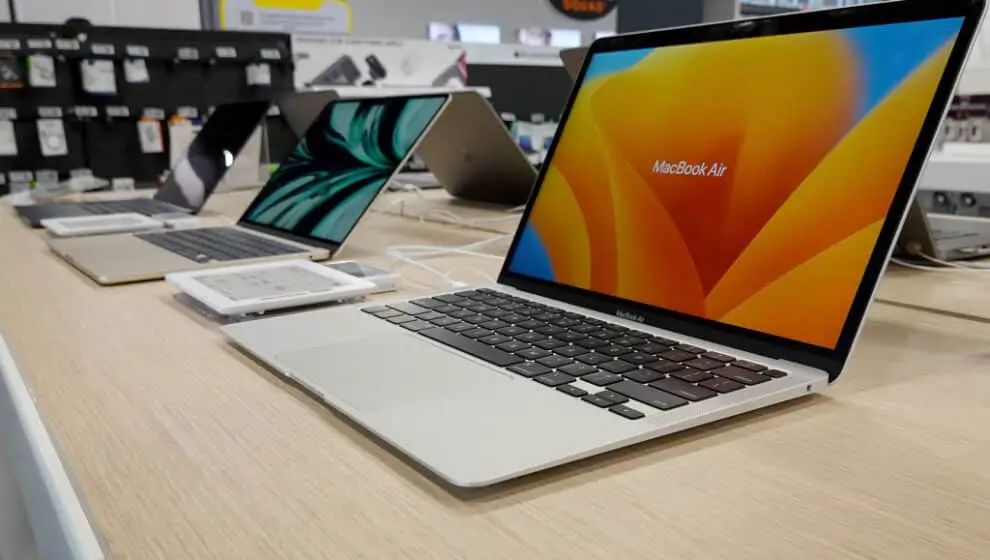Consumers have become more cautious in their spending habits, with two months of declining sales suggesting that high inflation and high-interest rates are affecting the economy.
Key Details
- The Commerce Department reported on Friday that sales decreased by 1% in March, marking the second month in a row of decreased consumer spending.
- Purchases—including vehicles, furniture, appliances, gasoline, dining out, and online spending—saw declines, The Wall Street Journal notes.
- The slowdown is also reflected in declining economic activity, with hiring, job openings, and the labor market declining.
- This comes following the Federal Reserve’s ninth consecutive interest-rate hike on March 22.
Why It’s Important
The Fed has long acknowledged that economic slowdown will be a necessary part of its strategy to tighten monetary policy as inflation continues to raise consumer prices and harm Americans. This comes with risks, as the Fed is well aware that aggressive hikes have negative repercussions. It saw this in March when its policies unintentionally contributed to the second-largest bank collapse in history.
The Fed has received significant criticism for its decisions, both from investors like ARK Invest CEO Cathie Wood, who warned that it could spark a deflation crisis and from politicians like Senator Elizabeth Warren (D-MA), who blames inflation on corporate greed.
Inflation has fallen under the Fed’s actions, decreasing from 9.1% in June 2022 to 4.98% in March 2023. It is still a significant distance from its goal of 2% annual inflation and has stated that additional interest rate hikes may be necessary for the coming months. However, with spending decreasing, labor slowing down, and banks collapsing, the Fed may take the hint and slow its pace.
Notable Quotes
“[Retail sales in decline] is the type of slowing policymakers would want to see. The consumer has remained overall remarkably resilient in the face of rate rises by the Fed,” economist Sonia Meskin tells The Wall Street Journal.
“This growth would mean that, so far, tighter monetary policy and credit conditions are not doing much to restrain aggregate demand,” says Federal Reserve governor Christopher Waller.
